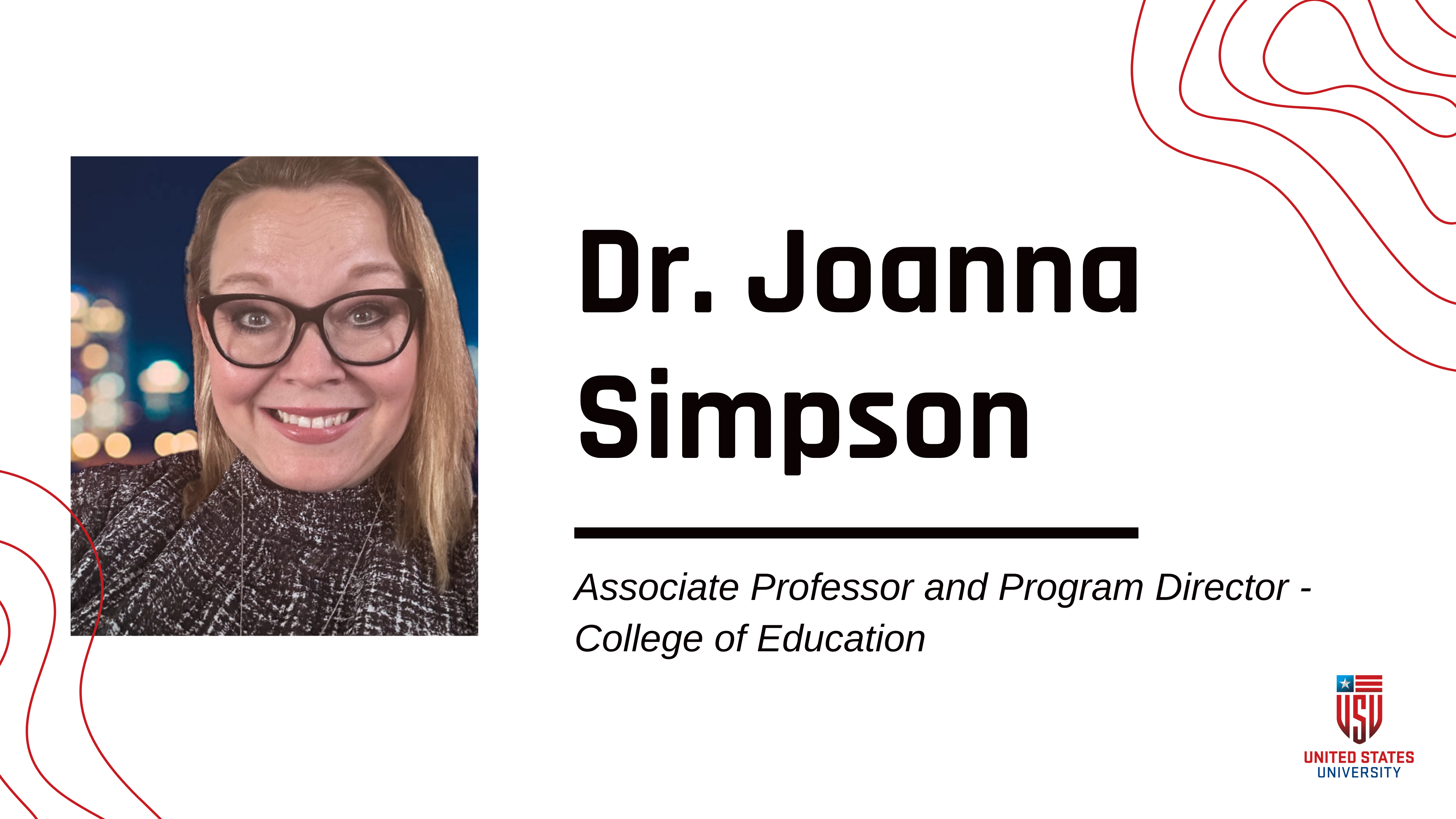Can Family Nurse Practitioners Specialize? Here's What to Know
Family nurse practitioners (FNPs) play a pivotal role in the American healthcare system, as they are known to provide high-quality primary care to countless patients of all ages. But can family nurse practitioners specialize in a clinical area? Indeed, they can! This versatility is a significant reason why the job outlook for this role is so strong. In fact, the Bureau of Labor Statistics projects that nurse practitioners (NPs), nurse anesthetists (CRNAs), and nurse-midwives (CNMs) can look forward to a 45% job growth between 2020 and 2030 with a median annual salary of $117,670.
The American Association of Nurse Practitioners (AANP) states that the most popular areas of clinical concentration for FNPs are family, primary care, and urgent care. The top practice settings for FNPs are hospital outpatient clinics and private practices.
In order to specialize after completing an FNP program, the nurse practitioner must attend another NP program with a specific clinical focus or finish a post-master’s certification. The following are several areas of popular clinical specialization for FNPs.
Neonatal Nurse Practitioner
Family nurse practitioners can specialize as a neonatal nurse practitioner (NNP) by passing the National Certification Corporation’s (NCC) NNP certification exam. According to the NCC website, the following are the eligibility criteria to sit for the exam:
- Current/active/unencumbered U.S. nursing or advanced practice nursing licensure required (Canadian licensure accepted if graduated from NCC-approved US program)
- The successful completion of an accredited graduate nurse practitioner program that meets NCC requirements and prepares neonatal nurse practitioners. The program can be a master's or post-master's DNP. NCC no longer accepts certificate-prepared applicants
- Take exam within eight years of graduation
- Official documents about previous degrees
- See the registration catalog for details
NNPs may practice in a neonatal intensive care unit (NICU) or may serve in medical transport or a variety of outpatient settings.
Psychiatric Mental Health Nurse Practitioner
Another popular area FNPs can specialize in is Psychiatric Mental Health Nurse Practitioner (PMHNP). These highly-trained specialists can serve patients in correctional facilities, private practice, mental health or community health centers, hospitals, and psychiatric and substance abuse treatment clinics, whether inpatient or outpatient.
The American Nurses Credentialing Center offers the opportunity to sit for the PMHNP-BC exam if the applicant meets the following criteria:
- Hold a current, active RN license.
- Have already earned a master’s, post-graduate certificate, or Doctor of Nursing Practice (DNP)
- Hold a master's, post-graduate certificate, or DNP from an accredited psychiatric-mental health nurse practitioner (PMHNP) program.
- Have taken courses in advanced physiology/pathophysiology, advanced health assessment, and advanced pharmacology
- Have clinical training in at least two psychotherapeutic treatment modalities, as well as health promotion and/or maintenance and differential diagnosis and disease management, including the prescription of pharmacologic and nonpharmacologic interventions
Women’s Health Nurse Practitioner
The Nurse Practitioners in Women’s Health (NPWH) organization is a “professional community for Women's Health Nurse Practitioners and other advanced practice registered nurses who provide women's and gender-related healthcare.” This is a popular area in which an FNP can specialize. NPWH outlines skills and specific areas of clinical acumen provided by NPs with such training:
- Adolescent health care
- Well-woman exams
- Breast cancer screening and problem evaluation
- Pap smears, HPV screening
- Health and wellness counseling
- Contraceptive care STD screening, treatment, and follow-up
- Pregnancy testing
- Health management during the childbearing year, including optimizing preconception health, prenatal visits, and after-pregnancy care
- Problems with menstruation – too much, too little, too many, too few
- Fertility evaluation
- Evaluation and treatment of common infections
- Urinary tract problems like incontinence or infections
- Menopause health promotion and problem management
- Screening for general health problems like heart disease, hypertension, and diabetes with a referral when needed
FNPs seeking a deeper understanding of, and training in, women’s health can pursue a post-master’s certificate in this area of practice, the requirements for which include:
- A Master of Science in Nursing and/or Doctorate of Nursing Practice from a program fully accredited by the National League of Nursing (NLN) and/or American Association Colleges of Nursing (AACN.)
- Graduate GPA of 3.0 or above
- Current, unrestricted United States RN license
Pediatric Nurse Practitioner
Pursuing a post-graduate certificate as a Pediatric Primary Care Nurse Practitioner (PPCNP) is another popular area in which a family nurse practitioner can specialize. A PPCNP program will prepare graduate nurses in the advanced care of children and their families. PPCNPs can work in clinical practice, school-based settings, home health, public health, and acute and long-term care settings.
Other Subspecialties
There are many other subspecialties from which an FNP may choose. Subspecialties are earned through fellowships, continuing education, practical training, or a combination of these. A sample of popular subspecialties and FNP can pursue includes, but is not limited to:
To sum up, family nurse practitioners can specialize in many clinical areas of focus. Currently, there exists a rich and varied professional landscape for FNPs, as evidenced by the job outlook for the next decade. Regarding marketability, potential earning power, and depth of experience, FNPs’ options for career expansion have never been so bright or attainable.
If the flexibility, opportunities, salary, and responsibilities of being an FNP sound attractive, you should check out United States University’s FNP program, where tuition is only $375 per month.
Keith Carlson, BSN RN, NC-BC, is a nurse, holistic career coach, writer, podcaster, and keynote speaker. His podcast, The Nurse Keith Show, reaches nurses worldwide. He has conducted over 2,000 coaching sessions with nurses. He lives and works in Santa Fe, New Mexico.



